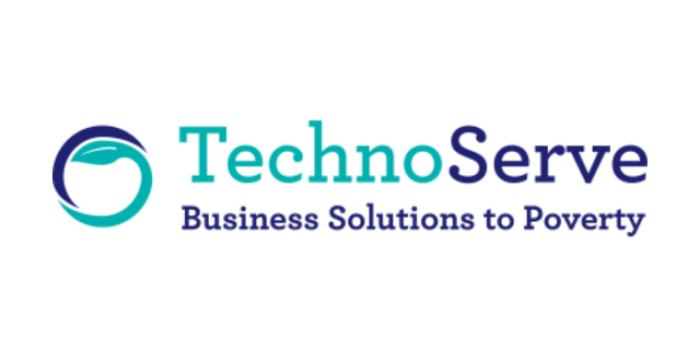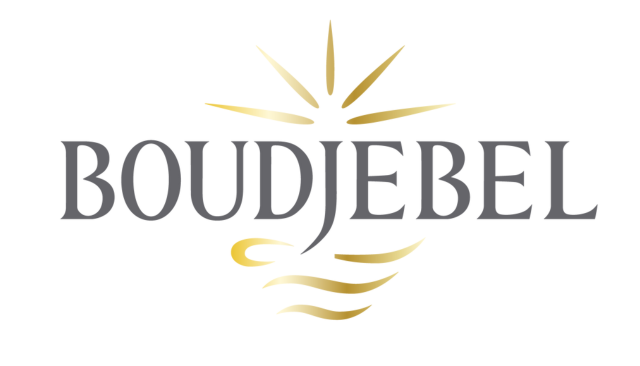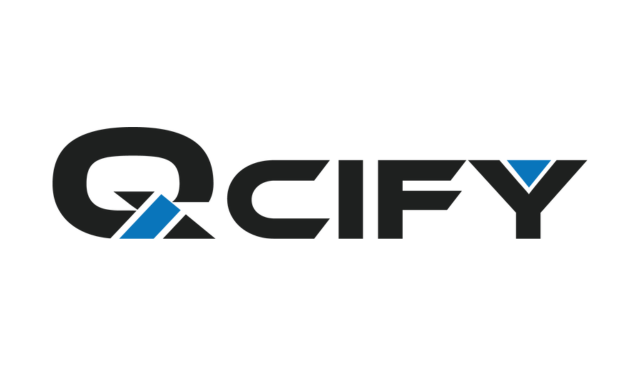Company/organization and country: TechnoServe, Benin
Type of project: Research, product development
SDG(s) relevant to the project: 2, 13, 15
Topic(s): Circular economy, supply chain transparency and traceability, nature-positive approaches and regenerative agriculture
Product(s): Cashews
Project end date and duration: 12/2023 (8 years)
Abstract: BeninCaju is a five-year program implemented by TechnoServe in partnership with Catholic Relief Services. The objective of BeninCaju is to develop the cashew sector in Benin into a more productive, diversified, and inclusive economic growth dynamic for the benefit of the country and its people. The program also aims at the sustainable development of the cashew sector for sustained growth. Over the life of the program, BeninCaju will increase yields and incomes for 49,000 smallholder cashew farmers, triple national processing capacity, catalyse the development of the nascent by-product market, and put the sector on a path to growth and success.
The project intends to undertake the following:
- Increased hectarage under cashew cultivation for economic and environmental gains to combat climate change
- Increased productivity and income for cashew farmers
- Increased value added to the cashew sector in Benin, primarily through increased processing into kernels and cashew by-products
- Increased mobilization of capital for the cashew sector
- Increased capacity of key stakeholder institutions
- Improved policy and legal/regulatory enabling environment
- Increased competitiveness and integration of the cashew sector into global markets
- Inclusive net job creation, particularly in the expanded processing and by-product sector
For cashew producers, BeninCaju focuses on Capacity Building and Improved Access to Finance for Producer Groups/Cooperatives and Training on Improved Farm Management and Improved Post-harvest Handling for Producer Groups/Cooperatives. The project supports processors in Infrastructure, Capacity Building, and Market Development of Processing Sector and Increase Access to Finance and Investment for Processing Sector. It is also focusing on developing institutional capacity for stakeholders and improving the legal/regulatory enabling environment, while undertaking Capacity Building of Trade Associations and Public Sector Agencies.
The project aims directly to impact virtually all key stakeholders at each stage of the cashew value chain, including 49,000 cashew producers, cashew buyers, processors, traders, and exporters, industry associations and business development service providers, relevant government agencies and other institutional stakeholders.
Outcomes: The project trained 115,636 producers on improved cashew production. It facilitates 8,363 sessions of Good Agricultural Practices (GAP) in cashew production. The project facilitated 3,548 training sessions for 65,299 producers on post-harvest management of cashew.
Through the project, 323,252 ha have benefited from improved GAP and 6,368 ha have witnessed the use of improved technologies in cultivation. In all, the project has 107,055 ha of cashew land under sustainable agroforestry practices. It should be noted that:
- Carbon stock in full grown cashew farms range up to 100-200 tC/ha, being one of the highest
- CO2 absorption capacity of cashew trees are approx. 75,000 tons/ha/year, again one amongst the highest
- Greenhouse emission is one of the lowest per 100 grams of protein at 0.26 kg in terms of nuts
About 42,114 cashew producers (16,979 women) have applied improved farm management practices (i.e., governance, administration, financial management) through the project.
85,487 cashew producers (28,248 women) applied improved techniques and technologies on their cashew farms through the project. 115,636 producers (all cashew producers) in the target region have access to quality storage and/or post-harvest processing facilities through the project. The project has improved cashew production from 370 kg/ha to 383 kg/ha.
12 researchers from Cashew Research Centre and 33 cashew technicians and advisors from Extension Services are experts in the identification of cashew mother trees through the project. The project facilitates the identification of 2,764 mother trees of which 1,133 are adopted for propagation while 746 are under observation. The project has facilitated the establishment of 250 cashew nursery operators and has enabled them to engage the process as functional businesses.
The project has enabled 17,069 to be organized into cooperatives. Through the project, 1,047 cashew producers (332 women) are on the path to organic cashew certification. In 2022, up to 504,153 kg of cashew nuts were sold through the established cooperatives. The project has trained 96,655 cashew producers in operational and financial management.
The project has provided Technical Assistance on varied topics to 22 processing firms in Benin. The project has linked processors to 131 new individual buyers. Also, 31 processing factories (20 cashew juice processors and 11 cashew processors) are linked to national and international buyers. Up to 20 contracts are signed between international and local buyers and processors supported by the project. Through the project, Benin’s cashew and cashew products are sold in 13 international markets.
Through the project, 16 processing units and 12,025 savings and loan group members (SILC) received access to credit training. Also, 26 processing firms have received 580,082 USD of formal loans. Through the project, 34,424 (21,843 women and 12,581 men) persons have received varied financial services in the project, 3,701 training sessions on savings and loan management were facilitated.
Through the project, 22 governmental structures and agencies have benefited from research linkages, training and special studies. It has also facilitated the establishment of 4 agricultural regulations related to post-harvest handling, processing and trade procedures approved or revised by the public/industry.
In term of technology innovation, BeninCaju has functional Massive Open Online Courses (MOOC) of which three courses have been developed (Setting up and management of cashew plantation, Setting up and management of cashew nursery, and Cashew processing management), a Remote Sensing (it’s an initiative that aims to leverage drone and satellite aerial imaging to better target BeninCaju training interventions) and a cashew quality application (it’s a free open-source Android application on Google Play Store designed to help calculate cashew quality parameters automatically if inputs are accurate such as kernel output ratio, etc. and can also gather geotagged information).




